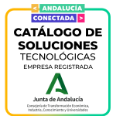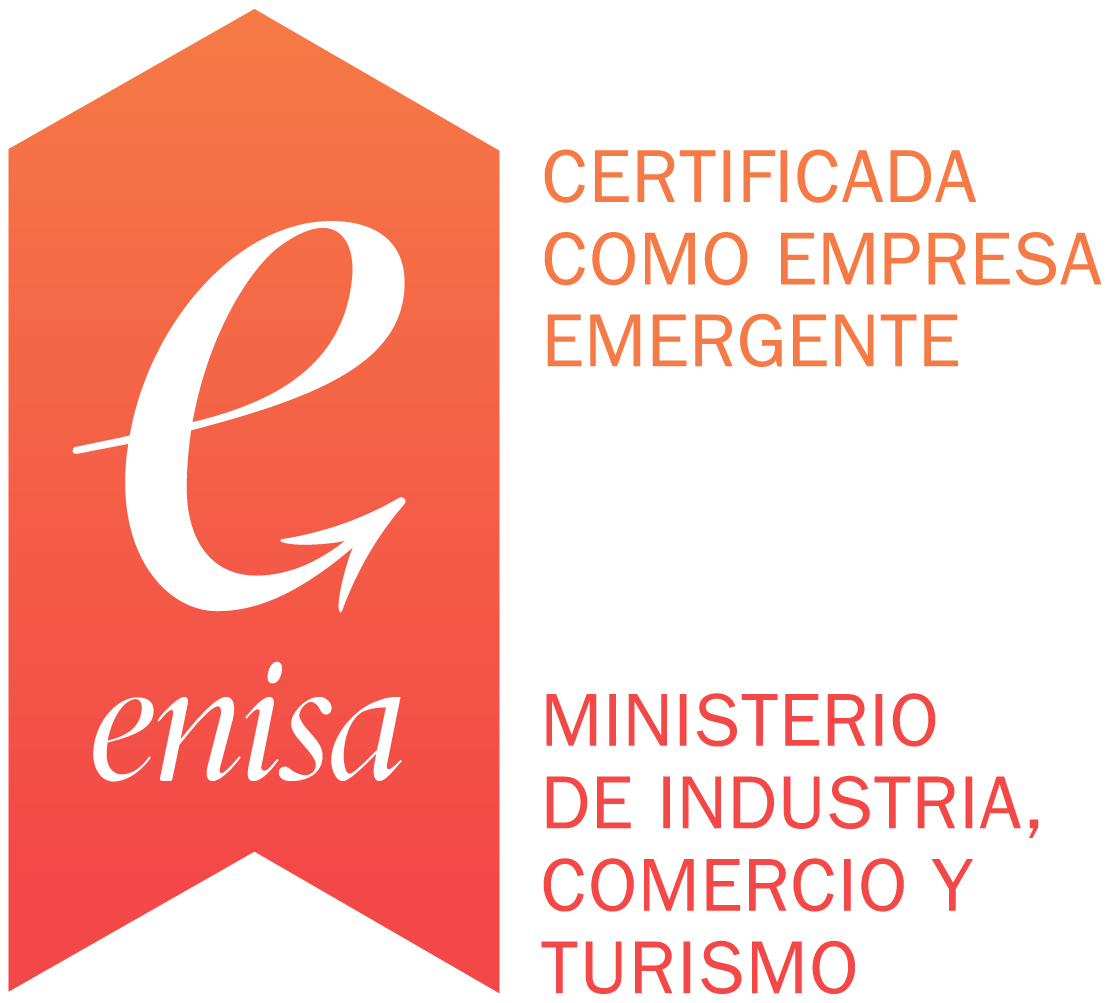How the COVID19 scare will affect us: the day after
The temporary paralysis of the tourism sector and so many other economic activities is a measure that should not be questioned when the health of the most vulnerable is at stake. In a globalized world in which travel has become a mass phenomenon and an integral part of our lifestyle, curbing the mobility of people is the first check against a pandemic.
However, apart from the economic impact caused by this temporary paralysis in business, there is also a psychological factor of concern: how fear will affect us to something invisible, the COVID19, when the health crisis has passed.
Psychology has amply demonstrated the links between emotion and behavior And in this case, fear leads to avoidance. For this reason, many tour operators, travel agencies, hotels, etc. will be wondering about the medium and long-term consequences on our habits. Will we go back to traveling as we did before the COVID19 crisis? How long will it take to regain a certain normality?
Well, the answer to the first question is simple. We will travel again and tourism activity will return. The second question, i.e., the pace of recovery is more difficult to elucidate because it influences other macroeconomic variables and not only psychosocial ones.
In any case, it is time to start thinking about how we will be recovering that normality in our social habits and in our travels, whether for work or leisure. In our lifestyle, traveling is one of the most frequent activities and it is not foreseeable that we will give it up.
In addition, it is worth remembering that we have experienced very closely and with great media coverage other tragic events such as terrorist attacks on planes, trains, buses and subways. In spite of this, we have been able to overcome our fears thanks, in part, to the fact that we have regained our sense of security. And the COVID19 crisis will be no different.
Fear management during and after COVID19 starts from a central idea: fear is weakened when the sufferer knows that he or she can do something to control the situation. In this sense, this pandemic has left us with several lessons to learn:
- Basic hygiene measures that we will be more aware of from now on.
- Use of masks when we present any symptomatology that may affect others.
- Need for preventive health controls
- Vaccination campaigns, etc.
On the other hand, beyond the individual level, new healthcare protocols will be developed, new technologies that will enable us to respond earlier and better to a possible crisis such as the current one, etc. In definitive, We will have a repertoire of strategies that will help us feel more confident.
Happiness is in the experiences and traveling can be a great experience.
There is a saying that goes "You don't know what you have until you lose it". Another of the many lessons learned from the COVID19 pandemic is that moments are important. And if we stop to think about it, a good part of those moments (experiences) are shared with other people.
In general, the social experience fills us with joy and emotional wellbeing since it is part of our human nature. Well then, when we travel, the social experience is magnificated. as we are exposed to a greater number of novel stimuli (people, places, foods, cultures, etc.). Moreover, all of this is a boost to our creativity because each stimulus represents a new opportunity to connect at the cerebral level.
On the other hand, traveling means filling our lives with moments that last over time because we create memories of them. In fact, those good memories based on lived experience bring us greater emotional well-being than other activities such as, for example, buying the latest model of sneaker.
So, it seems that investing our time and money in travel is a good way to achieve satisfying experiences and shared moments with others that help us to be a little happier.

Javier Díaz Sánchez
Javier is a psychologist specialized in people management and professional development. He currently works as a consultant and mentor for Startups helping professionals to optimize their efforts and capabilities.






